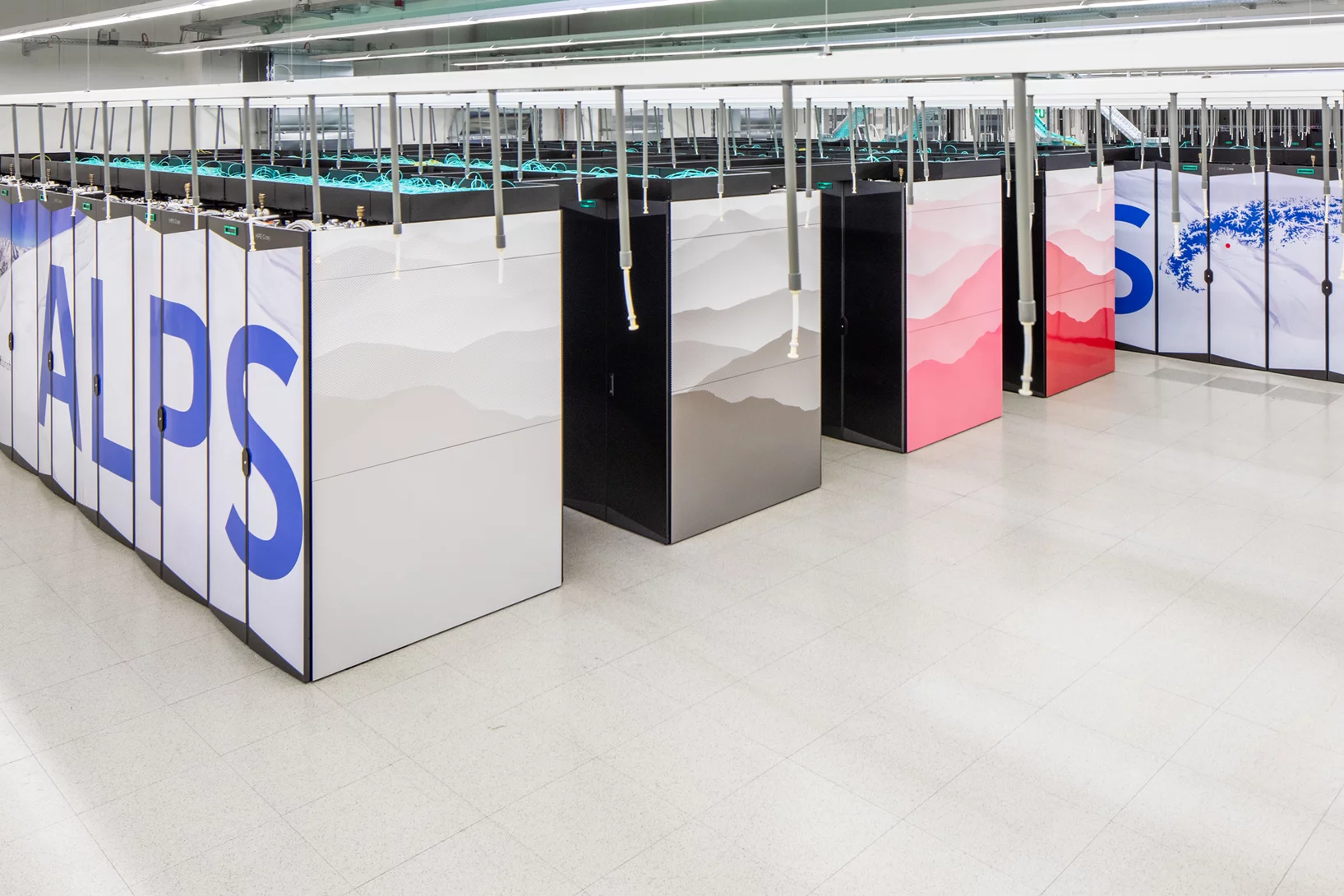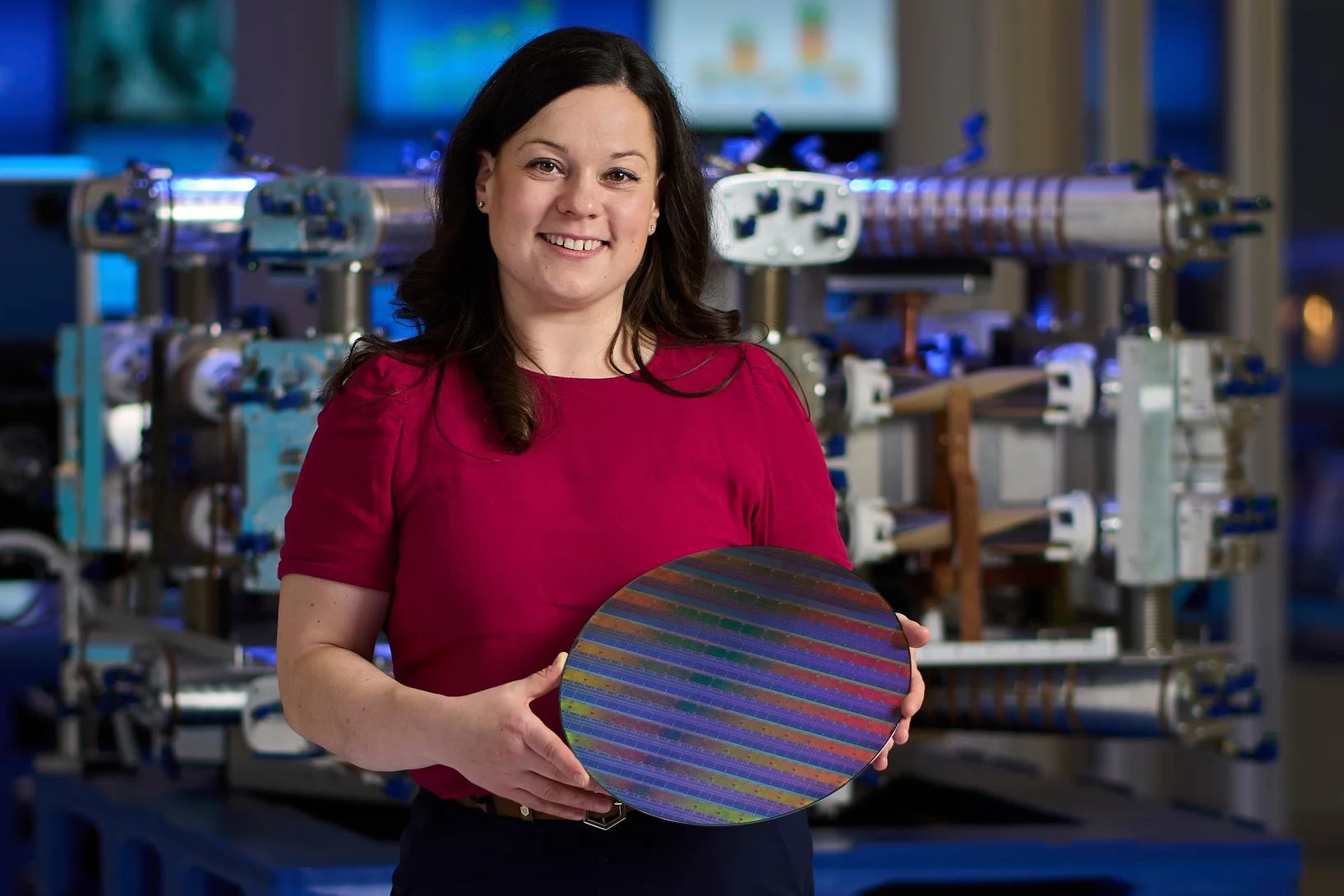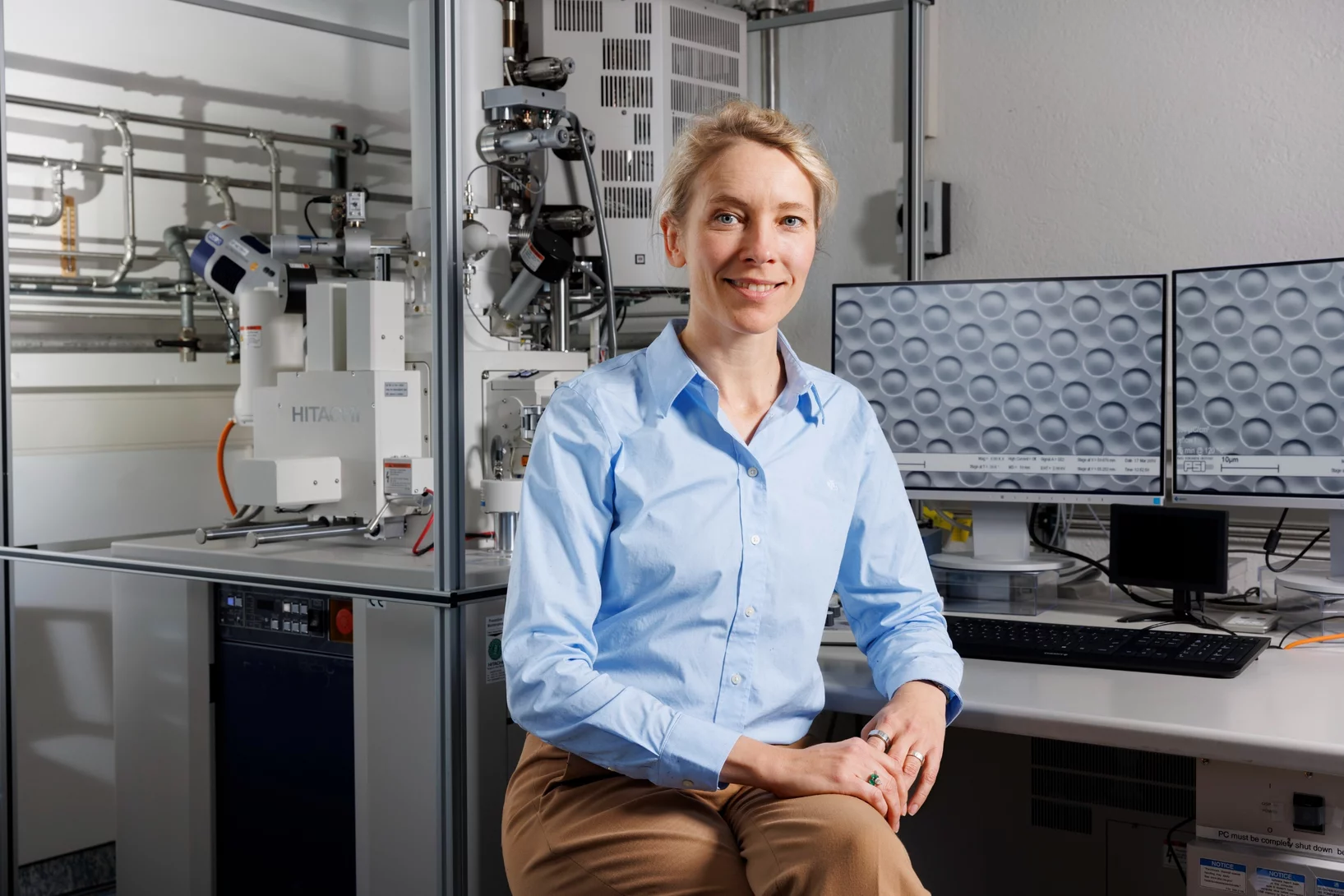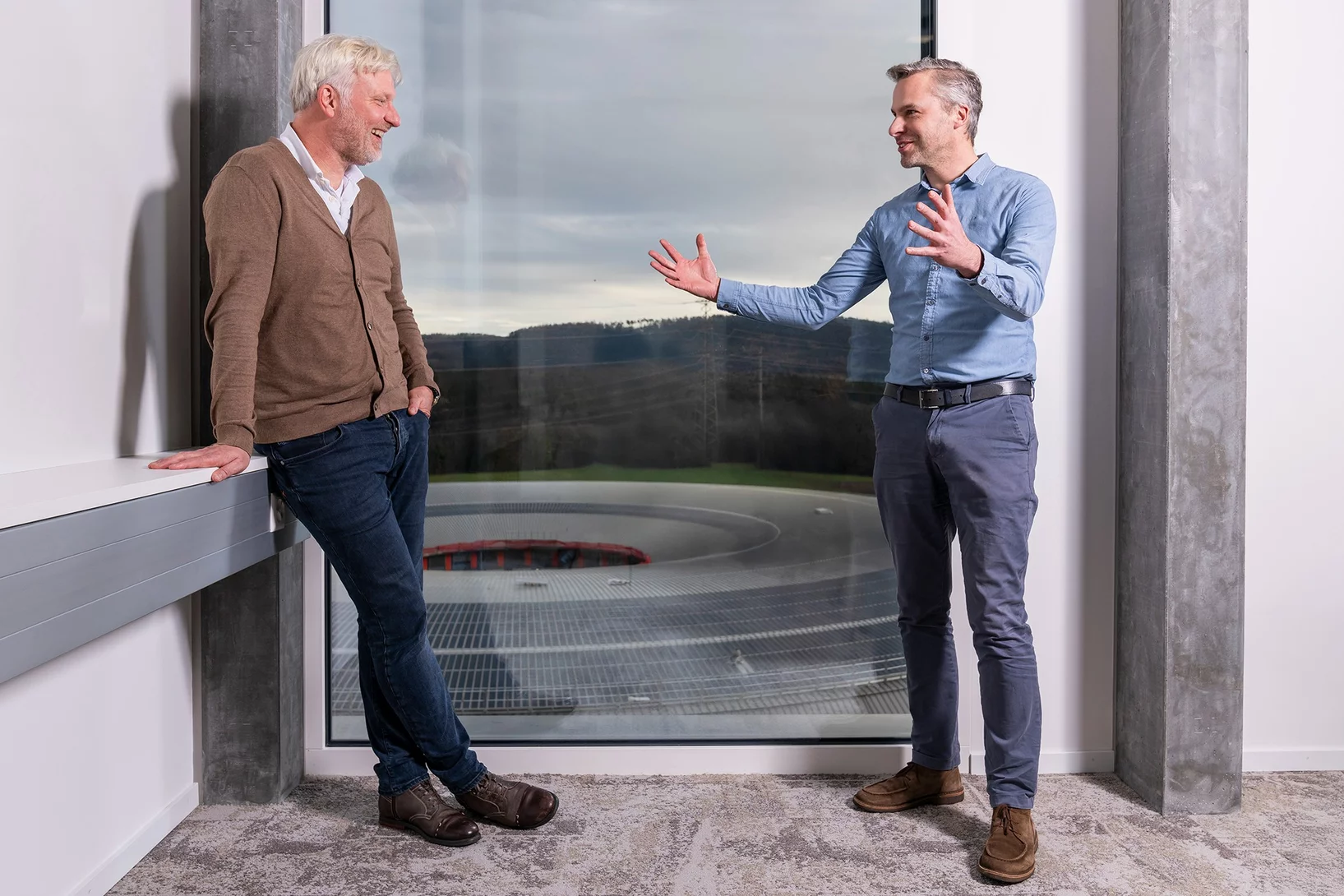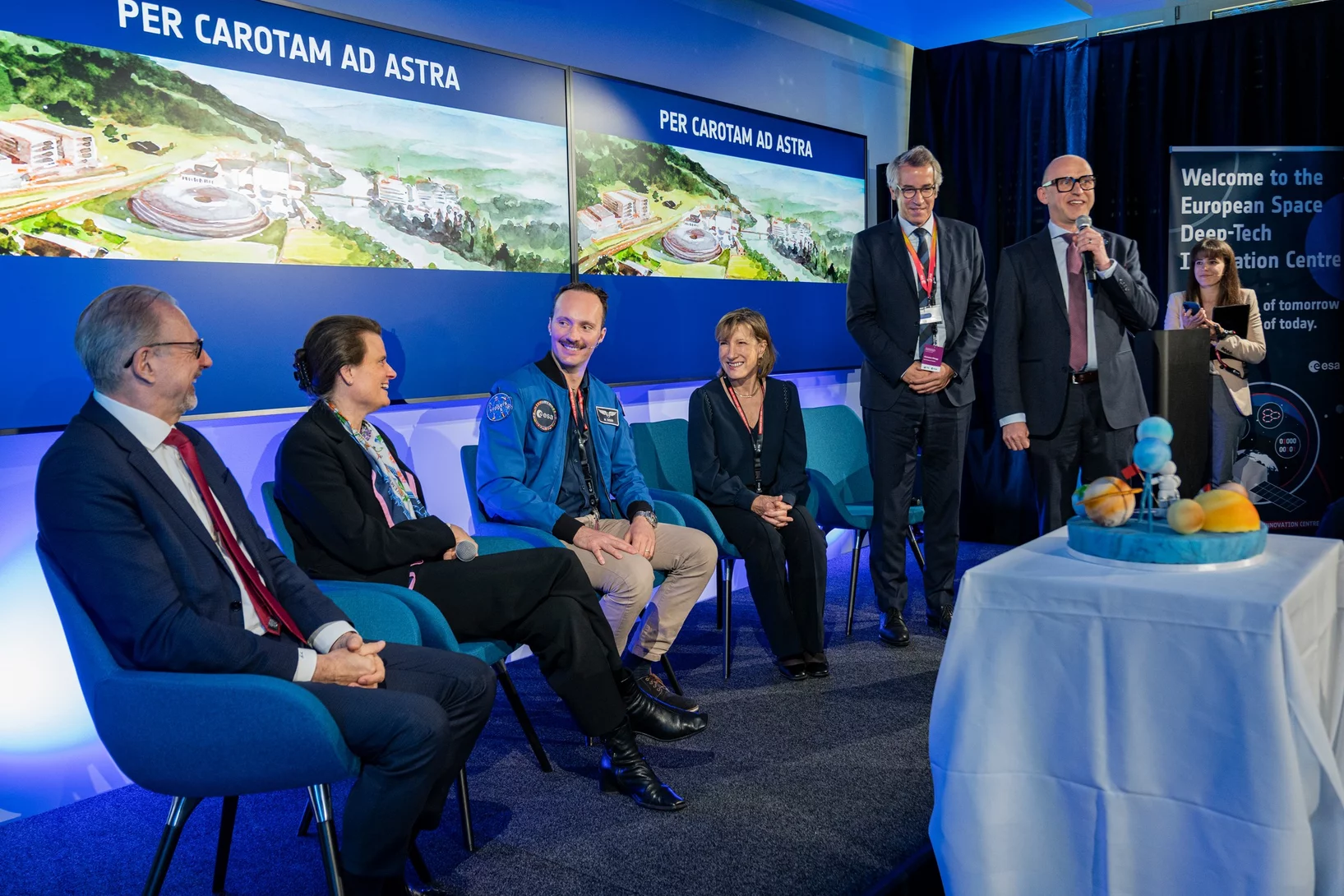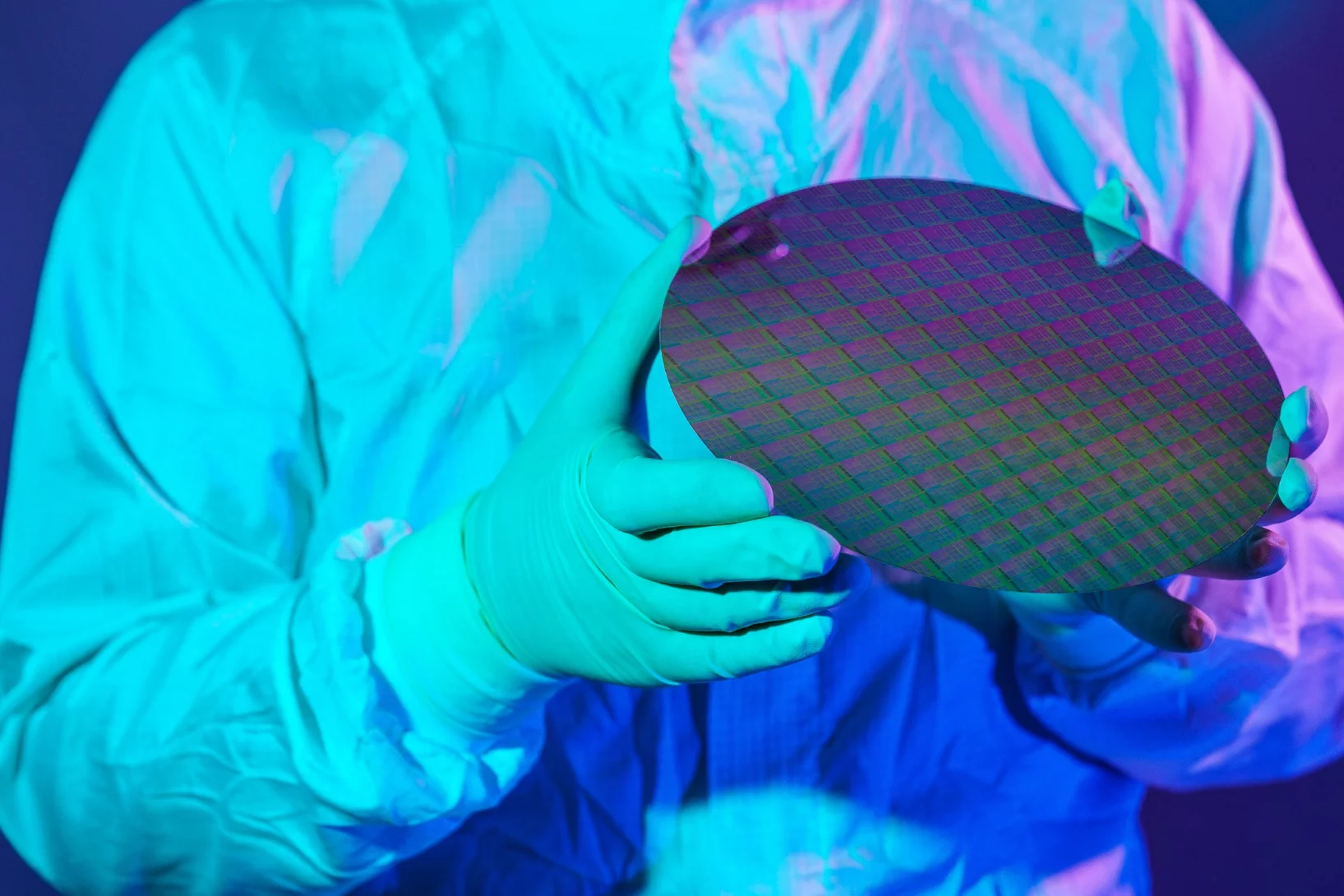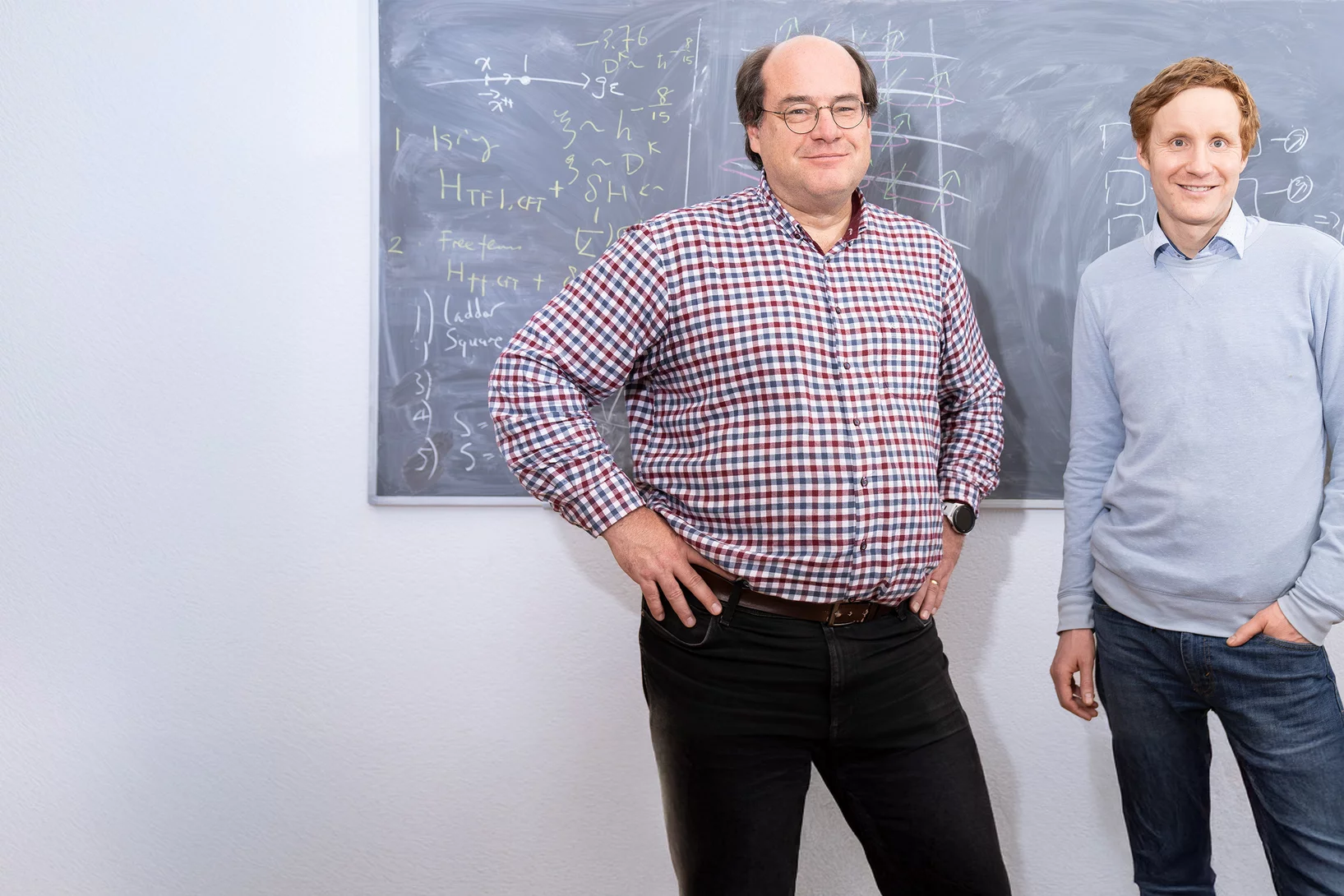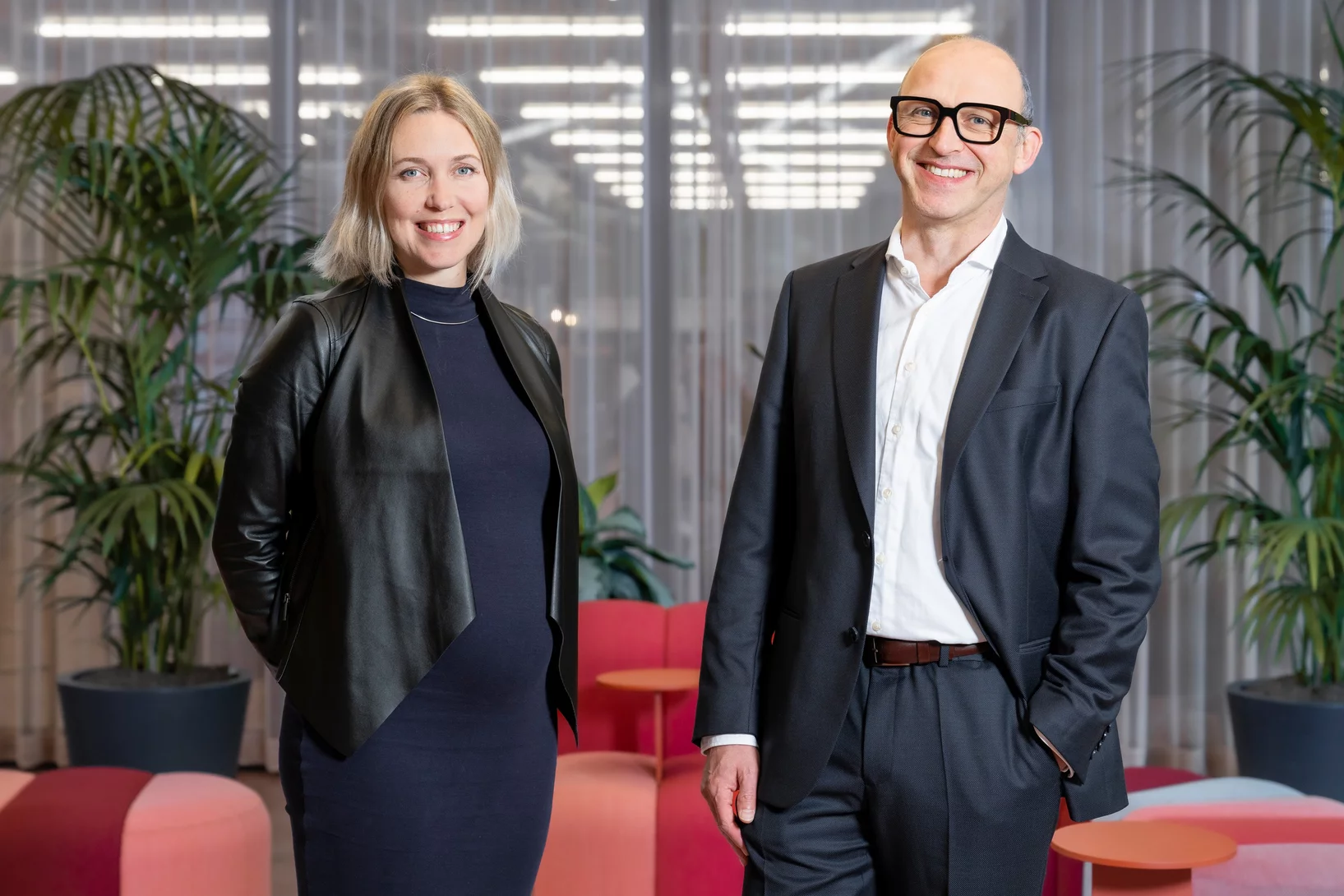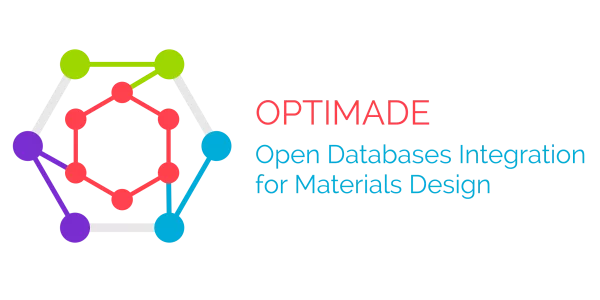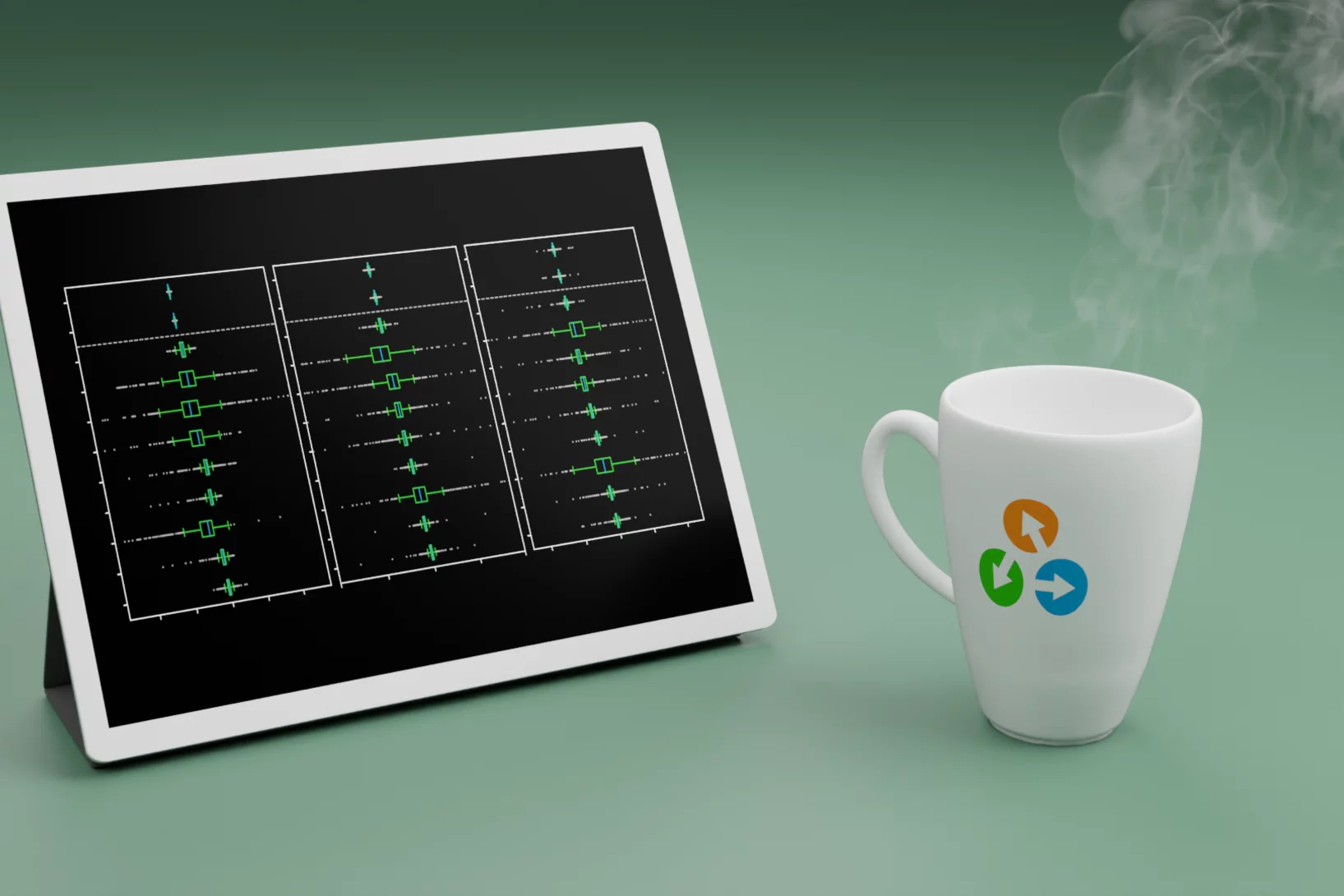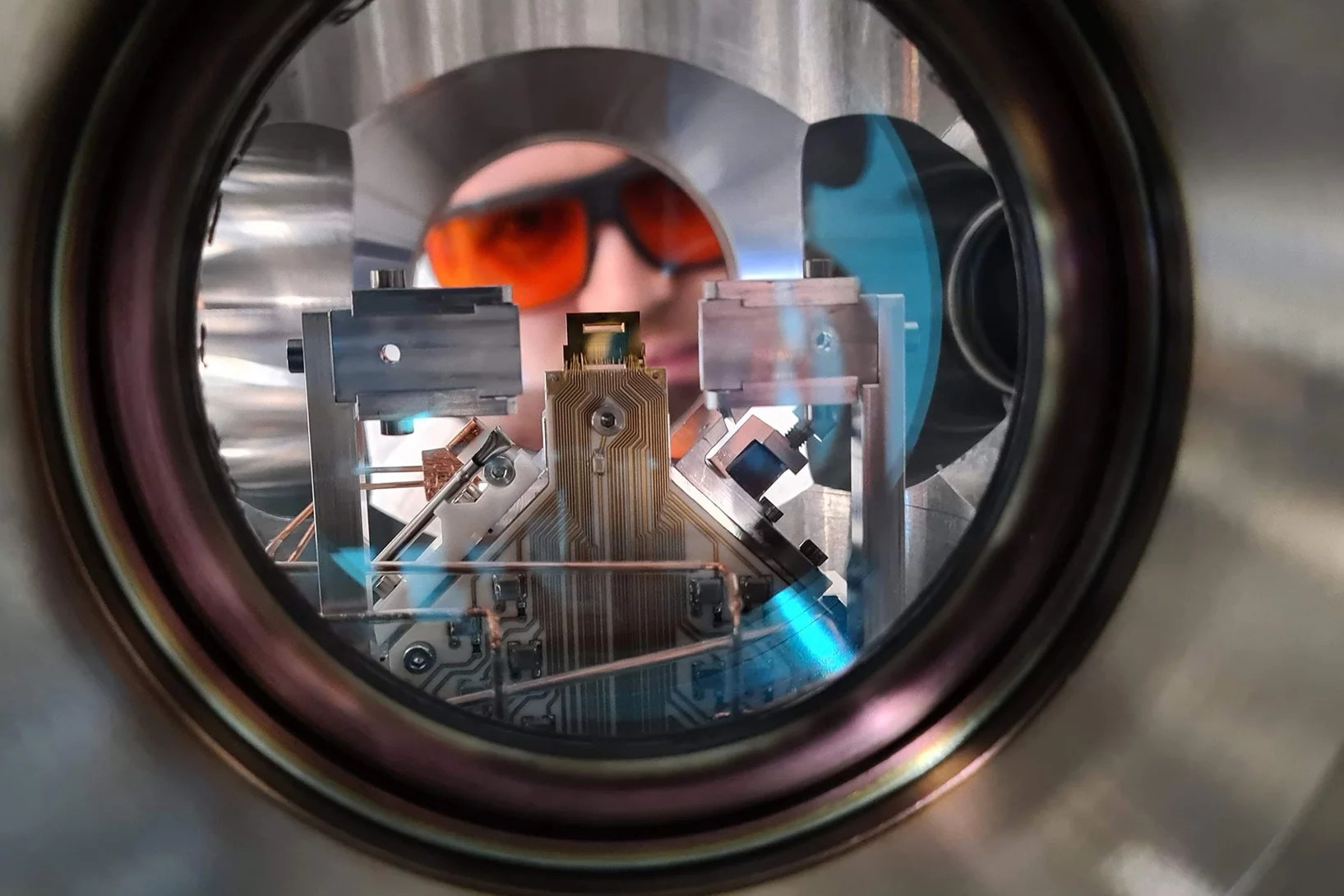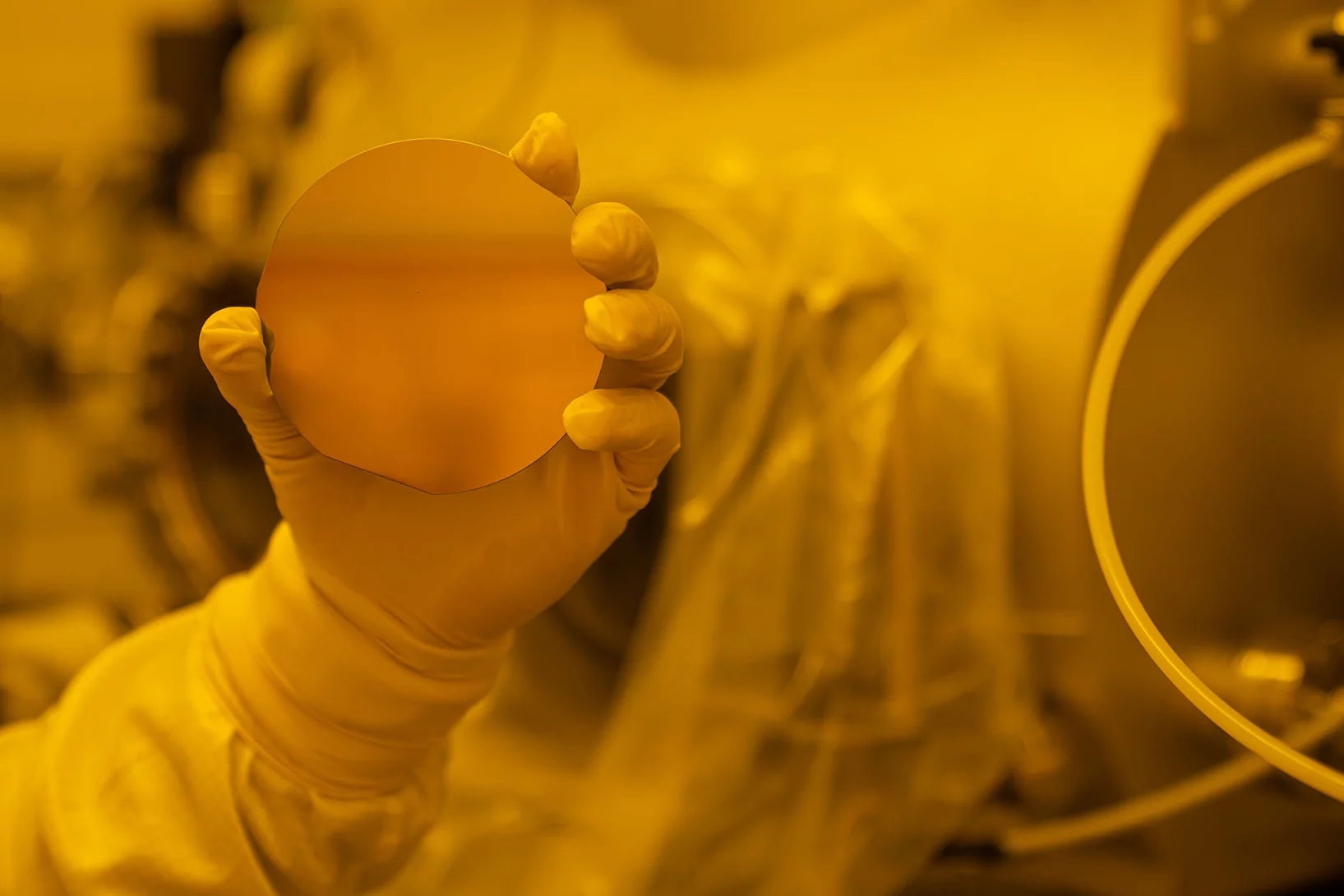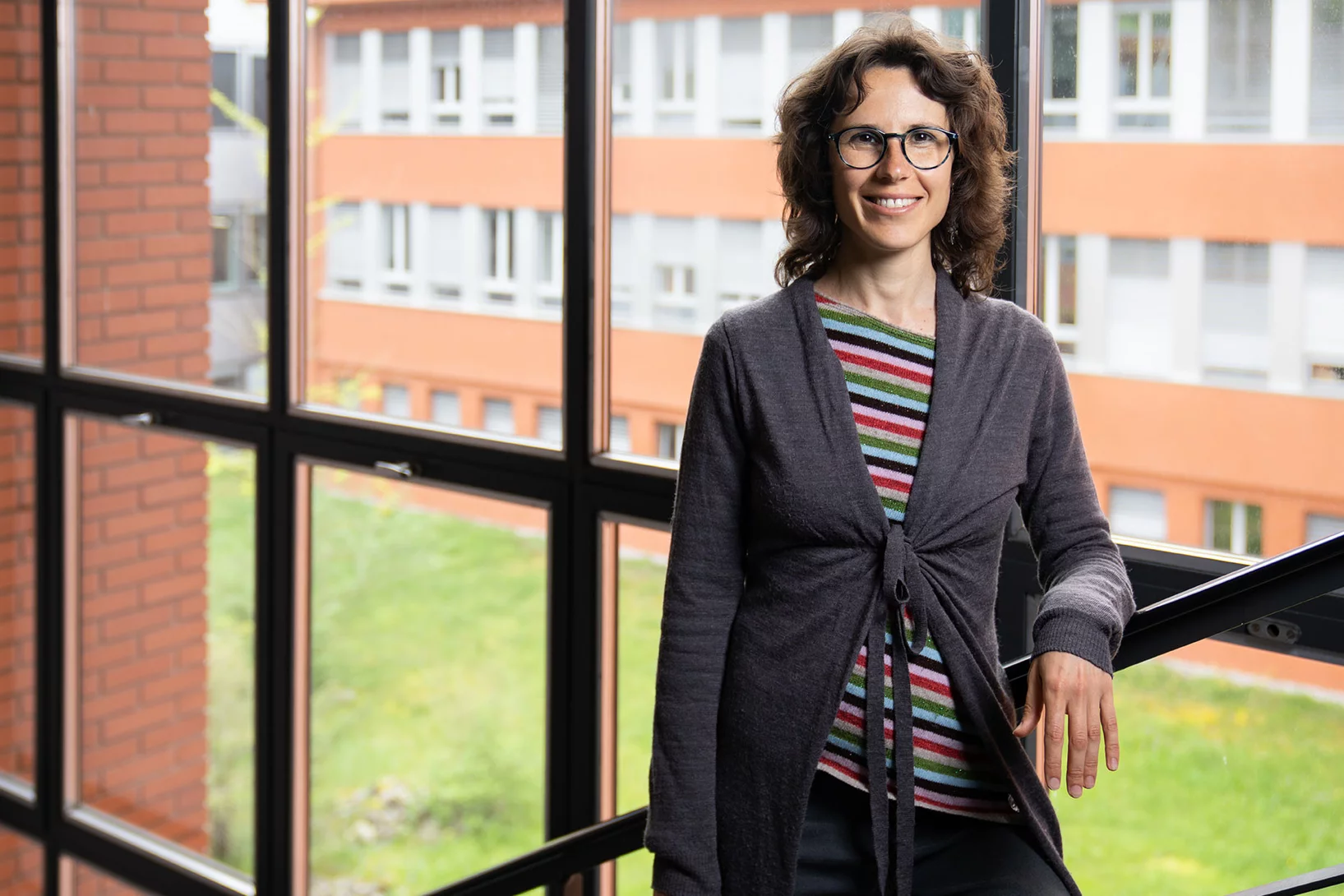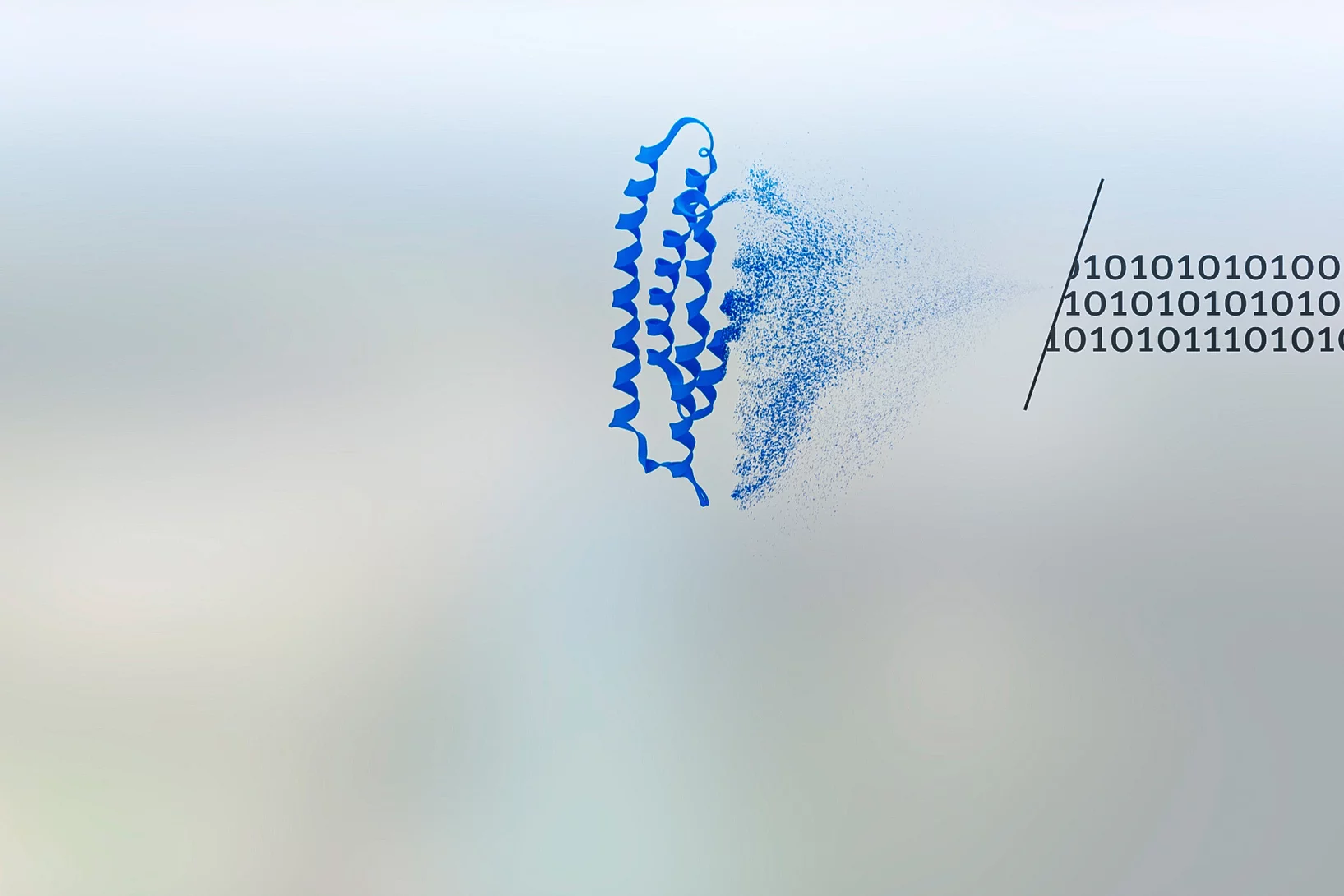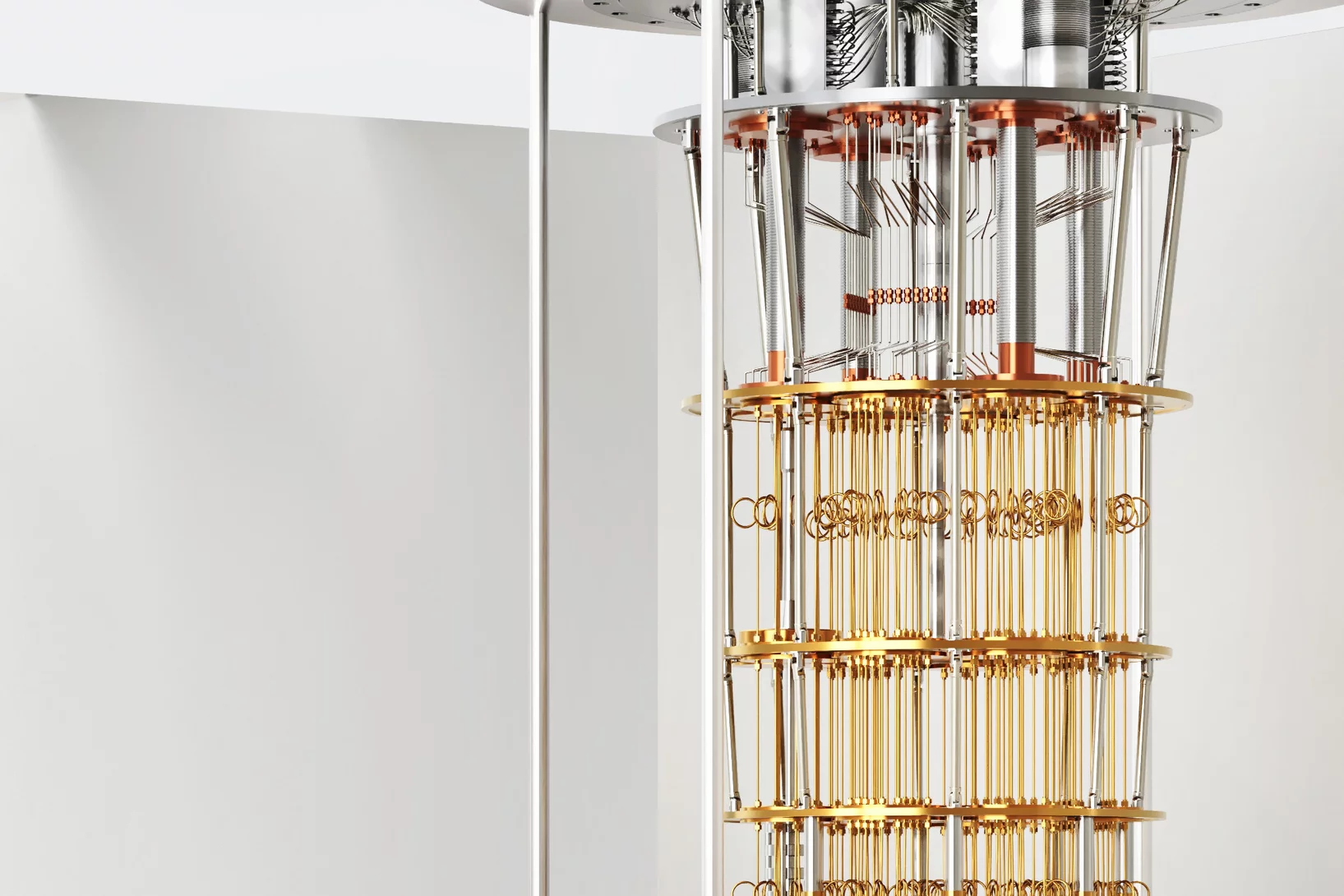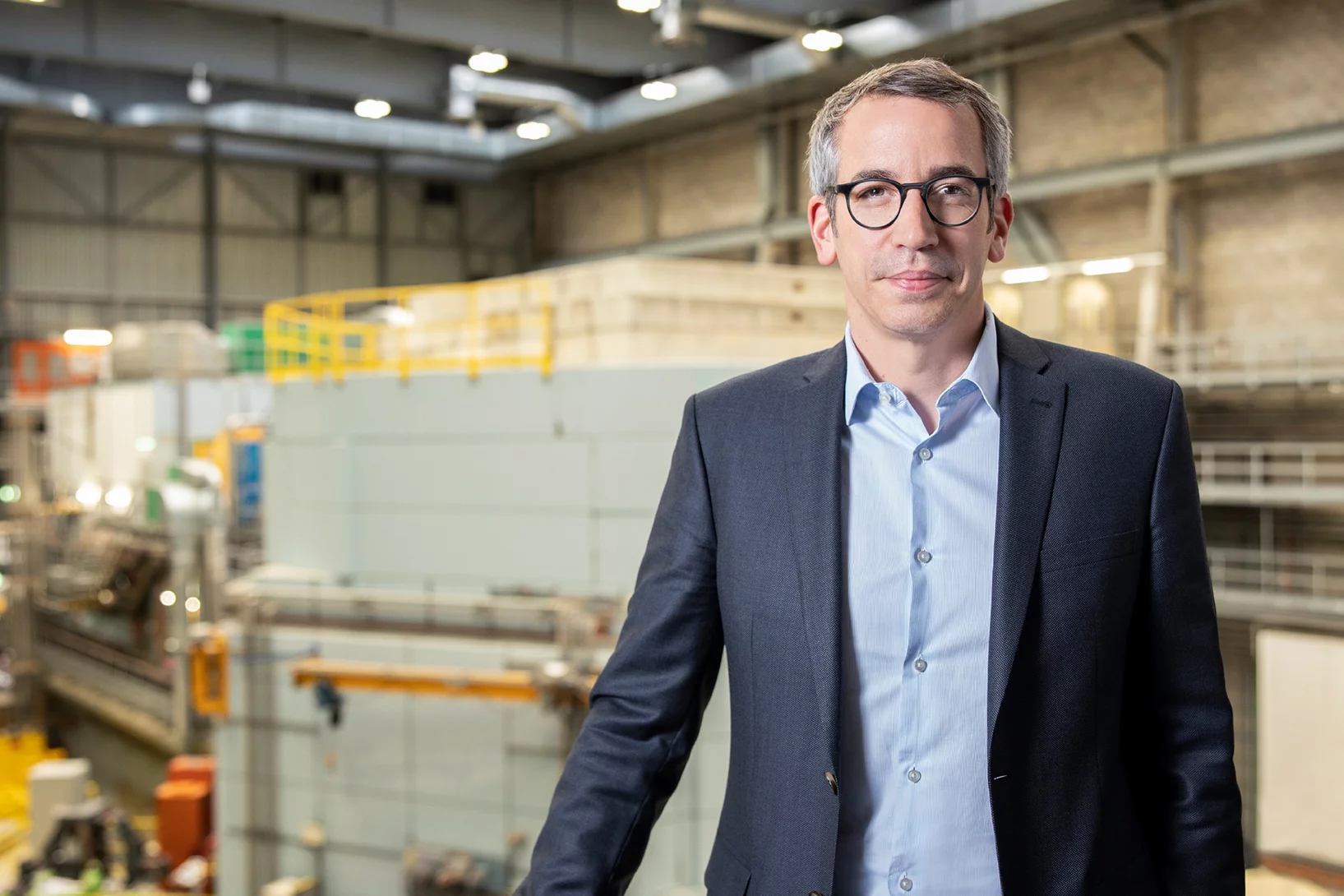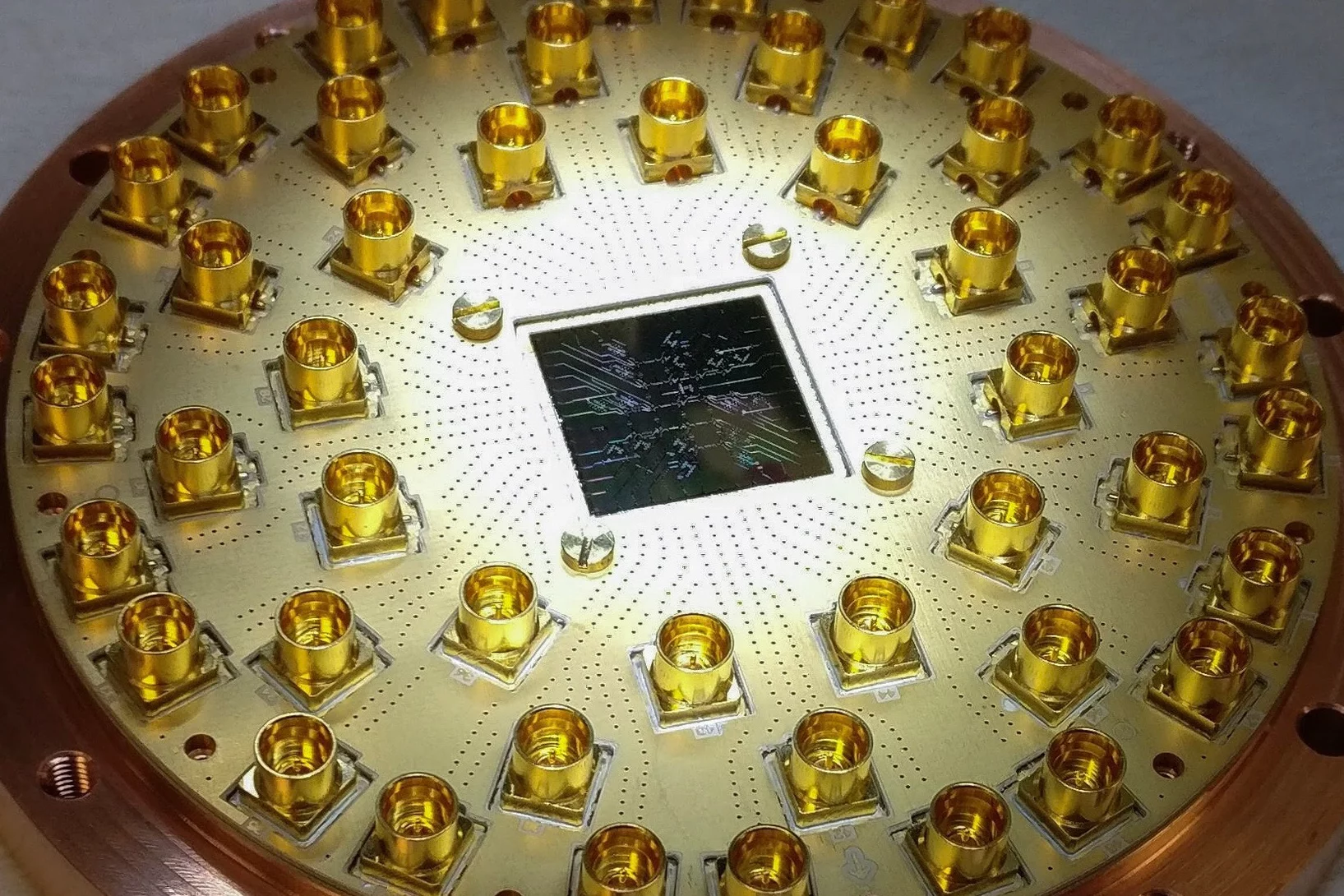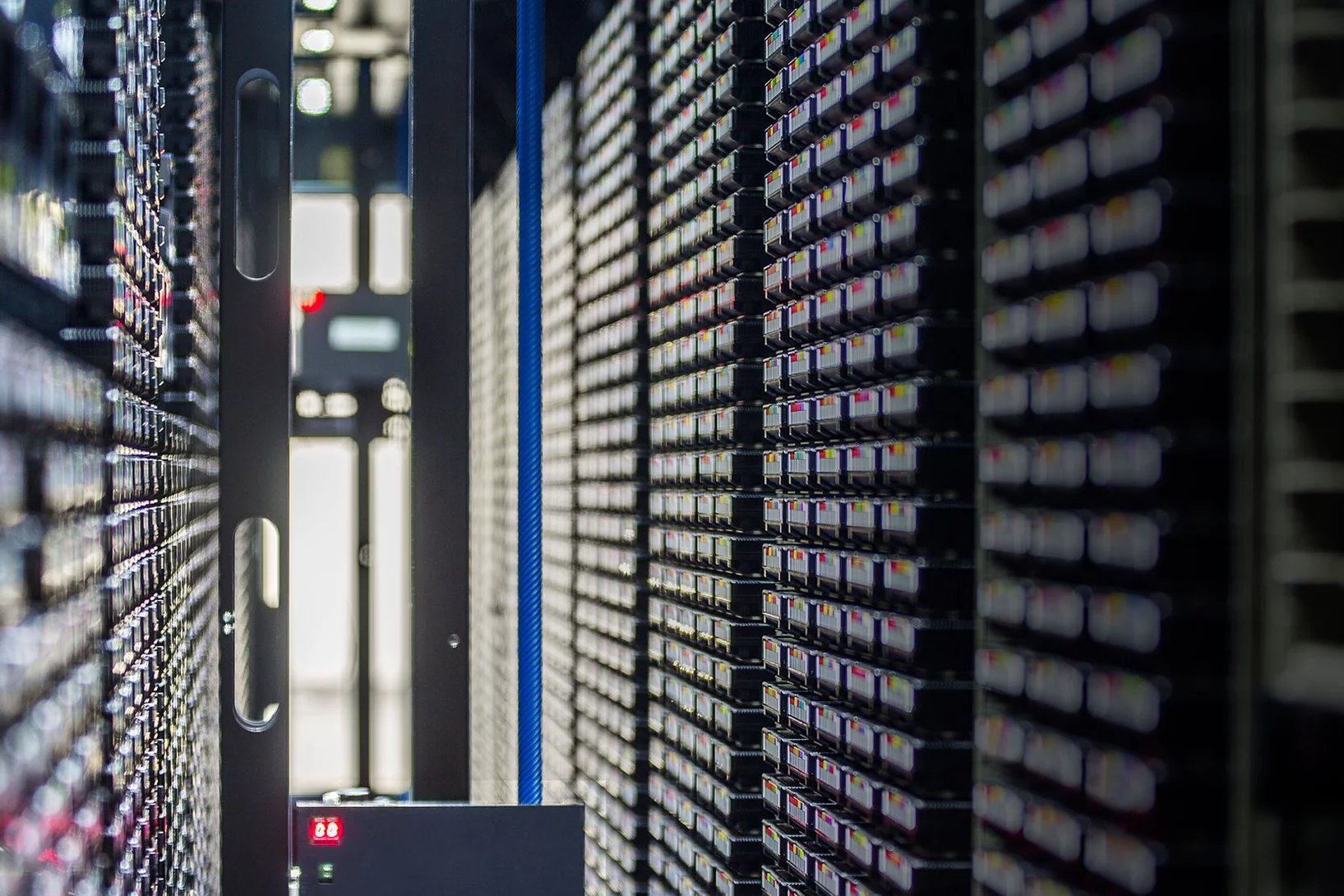Show filters
Merlin-7: New model for high-performance computing
An innovative computing cluster is ushering in a new era of computer-aided research at PSI.
Attorney for cutting-edge technology
Former PSI doctoral candidate Stephanie Smit now works as a patent attorney for a company that is among the most important in the world. That’s because this company builds machines that are worth a fortune and are highly sought after.
Prestigious research grant for photonic networks
PSI researcher Kirsten Moselund has been awarded a major research grant from the European Research Council ERC.
Science meets industry – innovation with an impact
Hans Priem and Cees Maris of VDL ETG explain what advanced manufacturing means in industry and talk about their collaboration with PSI.
ESA Centre of Excellence opens in Switzerland
The opening ceremony of the “European Space Deep-Tech Innovation Centre” ESDI brought together distinguished guests.
Faster, more precise, more reliable – the future of manufacturing
Advanced manufacturing means using state-of-the-art production methods. Researchers at PSI are helping to make techniques such as 3D printing more reliable and to advance the miniaturisation of high-performance chips.
Unique quantum simulator opens door to new research
PSI physicists have teamed up with Google to build a new type of digital-analogue quantum simulator.
ESA comes to Switzerland
The signing of a contract between the European Space Agency ESA and PSI marks the start of the European Space Deep-Tech Innovation Centre ESDI.
International collaboration lays the foundation for future AI for materials via the OPTIMADE standard
Artificial intelligence (AI) is accelerating the development of new materials. A prerequisite for AI in materials research is large-scale use and exchange of data on materials, which is facilitated by a broad international standard. A major international collaboration including researchers from the LMS laboratory now presents an extended version of the OPTIMADE standard.
Fundamentally different
Artificial intelligence is helping to evaluate an unimaginably vast amounts of data efficiently and exploit the facilities’ full potential for research.
A potential shortcut
Today, machine learning and artificial intelligence are part of the toolkit for most researchers at PSI. In many cases these methods are fundamentally transforming the way we do science.
A gold standard for computational materials science codes
The most comprehensive verification effort so far on computer codes for materials simulations.
Using quantum computers already today
Analogue quantum computers make ultrafast chemical reactions observable.
PSI researchers use extreme UV light to produce tiny structures for information technology.
Synchrotron light can be used in follow-up after a heart transplant to determine whether the body may be rejecting the new organ.
An algorithm for sharper protein films
A newly developed algorithm allows measurements performed at X-ray free-electron lasers to be evaluated more efficiently.
Big Data at PSI
A short number crunching about the annual data volume at PSI
Solving the unsolvable
PSI and ETH Zurich have founded the Quantum Computing Hub, where top researchers work together on concepts for quantum computers.
Faster and smarter
PSI is pooling its expertise regarding the evaluation of research data in the new research division Scientific Computing, Theory and Data.
New research division at PSI points to the future of data
PSI is establishing a new research division: Scientific Computing, Theory, and Data.
ETH Zurich and PSI found Quantum Computing Hub
ETH Zurich and the Paul Scherrer Institute PSI are opening a joint centre for the development of quantum computers. The aim is to advance the realisation of quantum computers based on both ion traps and superconducting devices.
Growth in the data sciences
Another site for the Swiss Data Science Center will be established at PSI. This expansion is expected to give a further boost to the data sciences in Switzerland.
5,000,000,000,000,000 bytes from Villigen to Lugano
During investigations of tiny structures with large research facilities, huge amounts of data accumulate at the Paul Scherrer Institute PSI. This data is archived at the CSCS supercomputer centre in Lugano, and the researchers use the supercomputer there for their simulations and modelling.
Physics on the lattice: Understanding flow processes at small scales
The Lattice-Boltzmann Method was developed in the early 1990s as a calculation approach to solve the Boltzmann equation numerically, i.e. with the aid of computers. Researchers from the Paul Scherrer Institute PSI have now extended the Lattice-Boltzmann Method’s field of application with a new model that is able to describe more complex processes.Their work opens a window to more realistic computer simulations of many complex technical processes. Applications are expected in the microporous structures of most technical catalysts, diesel particle filters, combustion microreactors or fuel cells

